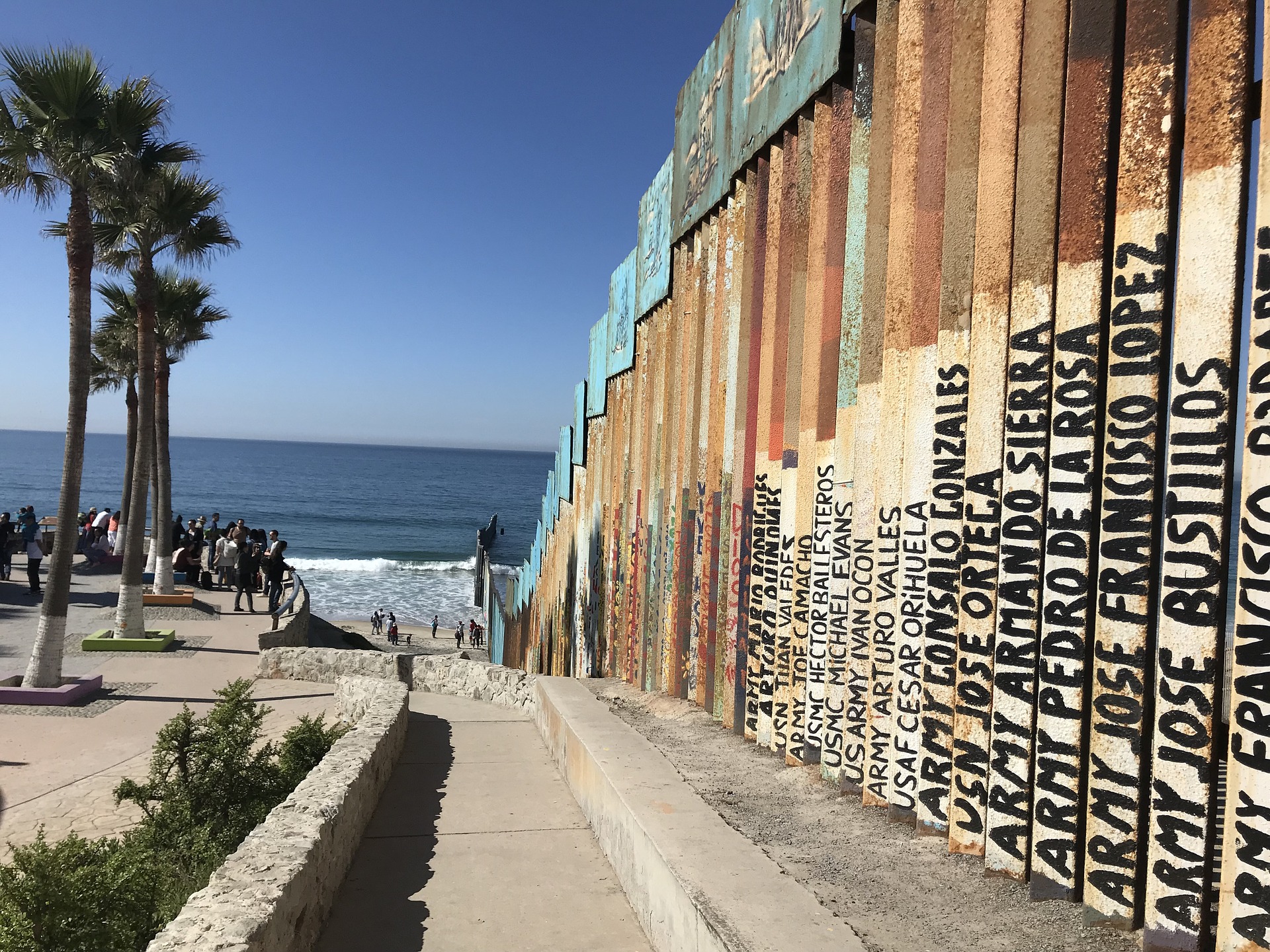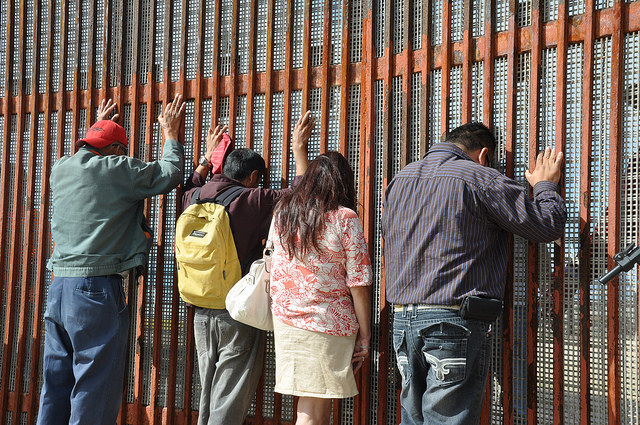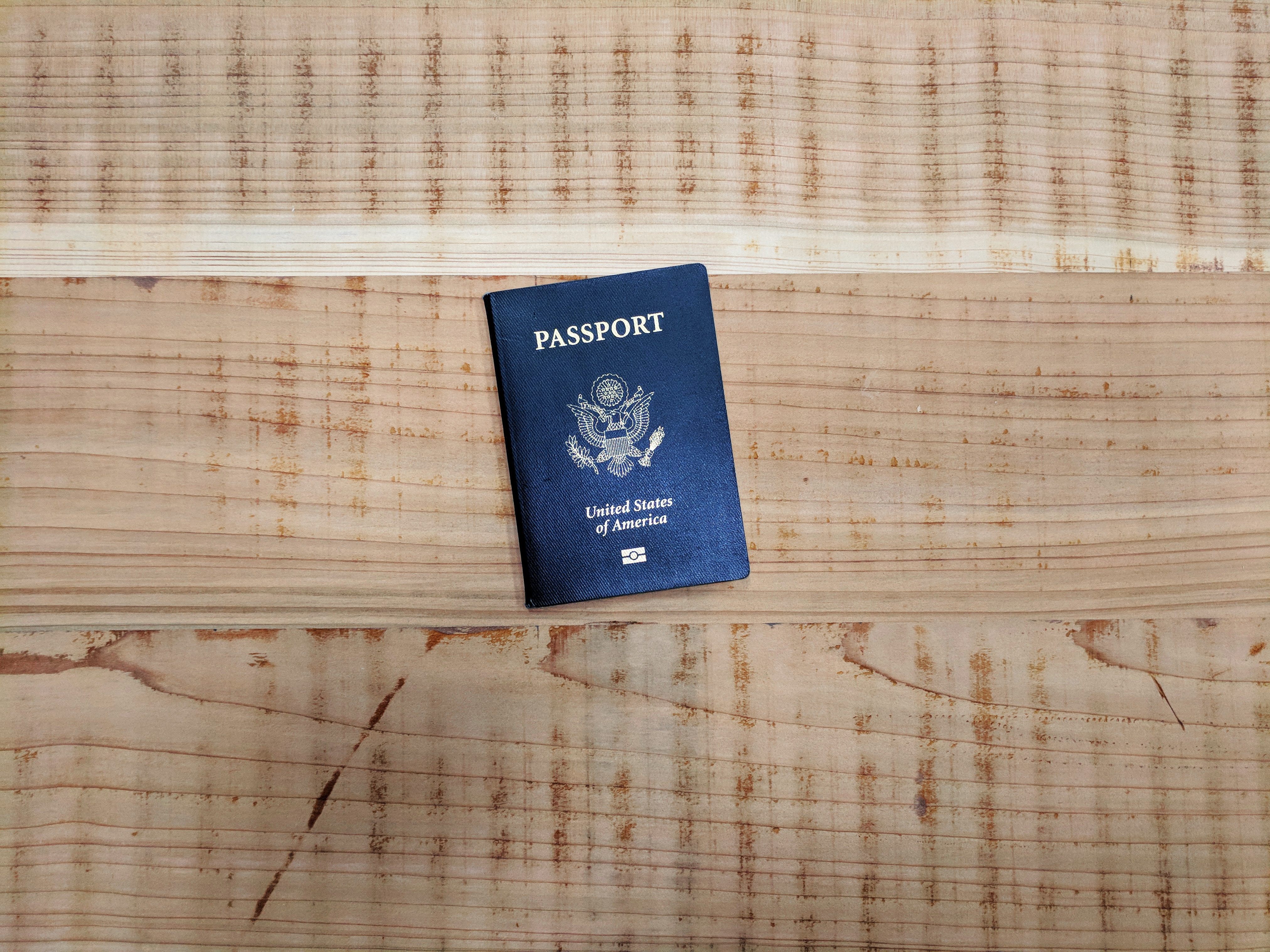
Return of Unselected H-1B Petitions
H-1B cap-subject petitions that were not selected in the fiscal year 2019 visa lottery have been returned to unlucky applicants. If you filed a petition between April 2 and April 6 and you did not receive a receipt notice for your application, you will be receiving your returned petitions in the mail by August 13. If you do not receive a returned petition by this date, you should contact USCIS.
Updated NTA Policy
On June 28th USCIS issued a policy memorandum providing updated guidance for the referral of cases and issuances of notices to appear (NTAs) in cases involving inadmissible and deportable aliens. The policy memorandum outlines the Department of Homeland Security’s priorities for removal as well as guidelines for referring cases and issuing NTAs.
Under the updated policy the following classes of aliens are prioritized for removal, “aliens who are removable based on criminal or security grounds, fraud or misrepresentation, and aliens subject to expedited removal,” as well as aliens “who, regardless of the basis for removal:
(a) Have been convicted of any criminal offense;
(b) Have been charged with any criminal offense that has not been resolved;
(c) Have committed acts that constitute a chargeable criminal offense;
(d) Have engaged in fraud or willful misrepresentation in connection with any official matter or application before a governmental agency;
(e) Have abused any program related to receipt of public benefits;
(f) Are subject to a final order of removal, but have not departed; or
(g) In the judgment of an immigration officer, otherwise pose a risk to public safety or national security”
Today, USCIS announced that it is postponing implementation of this policy guidance because operational guidance has not yet been provided to immigration officers. The policy memorandum gave USCIS 30 days to implement proper protocols for NTA issuance consistent with the updated policy memorandum. We will notify our readers once we receive information about when the NTA policy will be implemented.
Continue reading

 Visa Lawyer Blog
Visa Lawyer Blog










